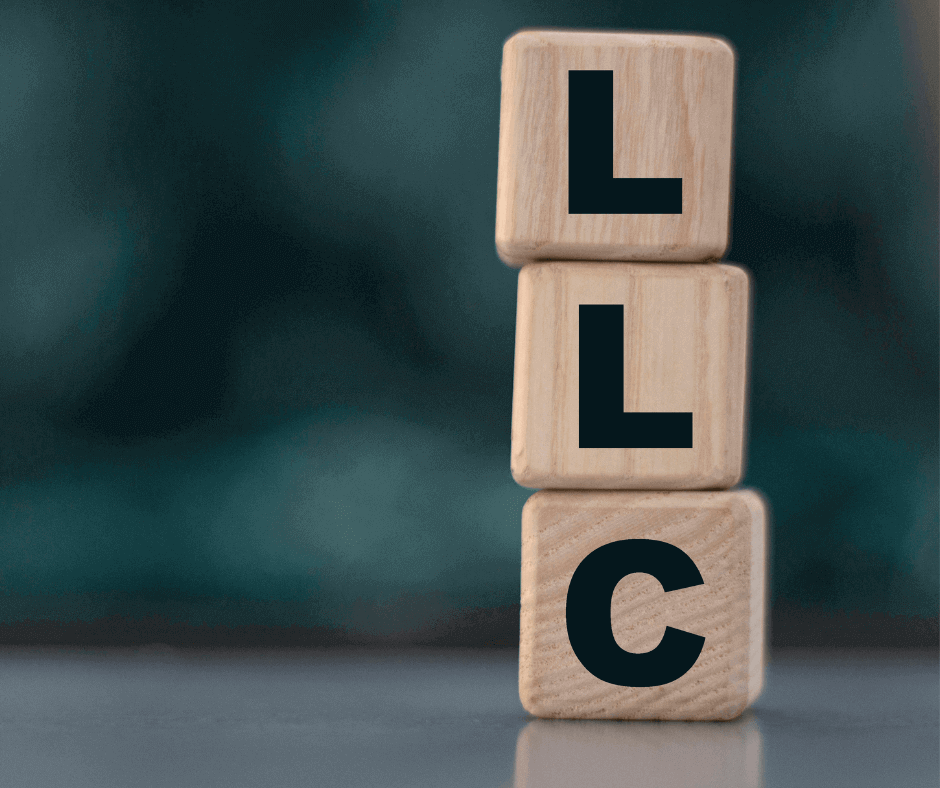If you’ve ever bounced over a deep pothole in early...
Read MoreSelecting the legal structure that will best meet their needs is one of the most crucial decisions an entrepreneur will make when launching a company. Limited Liability Companies (LLCs) and sole proprietorships are two of the most popular company formats. While both have unique benefits and drawbacks, it’s crucial to comprehend how they differ in order to make a well-informed choice.

The difference between a sole proprietorship and an LLC is who owns the business. A sole proprietor personally owns a business and all of its assets, and there is no separate business entity involved. The sole proprietor is personally liable for all business debts and lawsuits. This means that creditors or lawsuit plaintiffs can reach the proprietor’s personal assets to satisfy a debt or judgment.
An LLC, on the other hand, is a more intricate corporate form that combines the legal security of a corporation with the ease of a sole proprietorship. The owner of the business is referred to as a member in an LLC and is not held personally accountable for the debts and legal problems of the business. This means that the member’s private assets are safeguarded in the event that the company is sued.
Ease and Cost:
One of the most significant differences between a sole proprietorship and an LLC is the ease and cost of setting up. The easiest business structure to set up is a sole proprietorship. The proprietor has total control over the business and there are no formal filings or formalities under the law. An LLC, on the other hand, is trickier to set up and needs more documentation and legal filings. Additionally, it costs more to start up than a sole proprietorship.
Start-Up Money:
The amount of startup money needed to form an LLC versus a sole proprietorship is another important distinction. A sole proprietorship normally just needs a tiny amount of start-up money or none at all because it is a one-person, small firm. However, because an LLC is a more formal corporate structure and may have several members or investors, it may need more startup money.
Taxes:
Another significant distinction between a sole proprietorship and an LLC is how taxes are handled. In a sole proprietorship, the owner’s personal tax return is used to disclose all revenue and outgoing costs. Taxes are not paid by the company itself. The business, however, may be taxed as a separate entity in an LLC, much like a corporation, or the profits may pass through to the members’ individual tax returns. This kind of entity is called a pass-through.

Daily Business Management:
Another distinction between a sole proprietorship and an LLC is how day-to-day operations are managed. In a sole proprietorship, the owner is in charge of running the company on a daily basis and making business decisions. However, under an LLC, members have the option of running the company themselves or hiring a different manager to take care of day-to-day operations.
Risk of Personal Liability:
The degree of personal liability may be the most important distinction between a sole proprietorship and an LLC. In a sole proprietorship, the owner is held legally and financially responsible for the entire business. This means that the owner’s personal assets may be at danger if the company is sued or unable to pay its debts. Members of an LLC are typically not held personally accountable for the debts and legal troubles of the business. The assets of the company are kept apart from the members’ personal assets, defending them in the event of litigation or bankruptcy.
Bottom Line:
In conclusion, both sole proprietorships and LLCs have their advantages and disadvantages. Sole proprietorships are easy and inexpensive to set up, require little start-up capital, and offer complete control over the business. However, the owner is personally liable for the company’s debts and legal issues. On the other hand, LLCs offer more legal protection for the members’ personal assets and may be taxed differently, but they require more paperwork and legal filings to set up and may be more expensive. The decision to choose between a sole proprietorship and an LLC depends on several factors, such as the size of the business, the amount of start-up capital available, and the level of personal liability the owner is willing to assume. It’s essential to consult with an attorney or tax professional before making a decision to ensure the best choice for your business.
Tessa joined Superior Trucking Payroll Service in September 2022. She loves to write and make videos which made her a great asset to the team in her marketing position.
Before working at Superior Trucking Payroll Service she worked in IT at GVSU which gave her the skills to problem-solve with customers over the phone.
Contact Us!
Is Superior Trucking Payroll Service Worth the Higher Cost?
You’re Not Just Buying Payroll — You’re Buying Peace of...
Read MorePayroll for Trucking Companies: We Help Your Whole Trucking Family Get Paid
If you’ve heard of Superior Trucking Payroll Service, you’ve probably...
Read MoreHow Do I Pay Myself If My LLC Is an S-Corp or C-Corp?
How do I pay myself if my LLC is taxed...
Read MoreMarch 2025 Driver Pay Update for Trucking Companies
Are your drivers leaving for better pay? Are you wondering...
Read More
